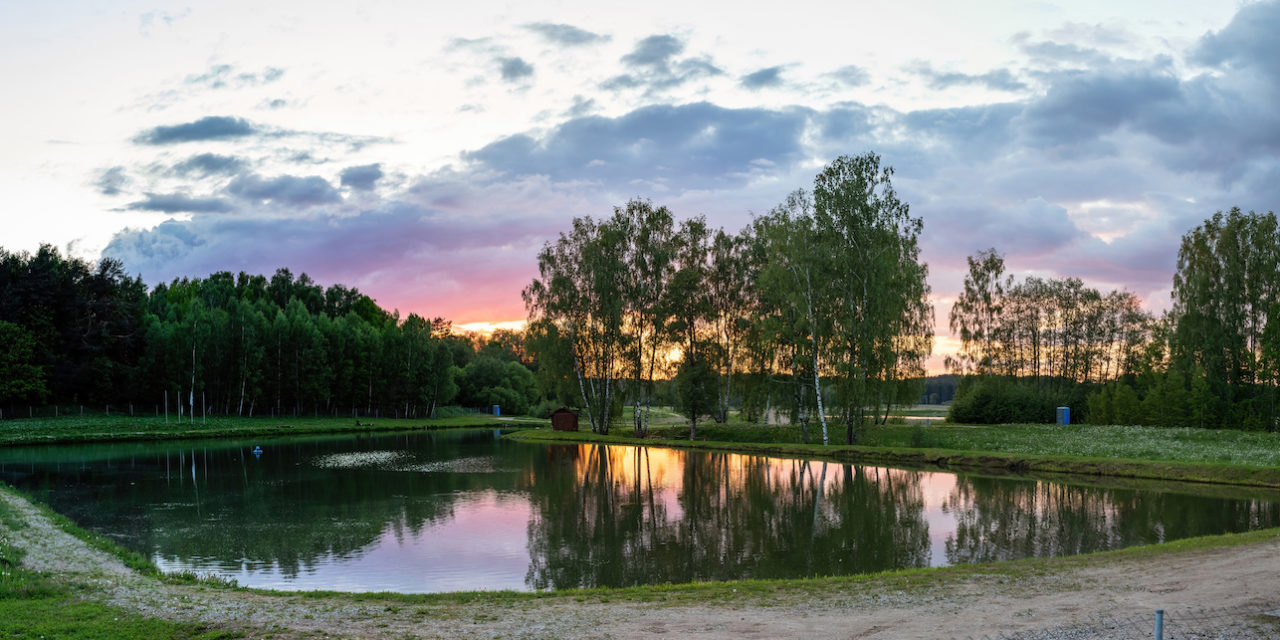Just about every warning that’s come out of the NC Department of Health and Human Services (NCDHHS) in the past year and a half has pertained to the COVID-19 pandemic.
However, on Tuesday, Aug. 17, there was a rare warning for a brain infection that can be linked to swimming in warm ponds in the central part of the state.
On Tuesday, state health officials reported that a child died recently due to an illness caused by an amoeba that’s naturally present in freshwater in Guilford County and in other central counties in the state. According to state officials, the young victim swam in a pond on the family’s property in central North Carolina earlier this month.
Officials with NCDHHS used the occasion to remind North Carolinians that pond swimming could lead to death.
NCDHHS State Epidemiologist Dr. Zack Moore said the state wanted to send condolences to the family and friends of the child, and added, “Although these infections are very rare, this is an important reminder that this amoeba is present in North Carolina and that there are actions people can take to reduce their risk of infection when swimming in the summer.”
Lab tests of the pond water found that the child’s illness was caused by “Naegleria fowleri,” – an amoeba often found in warm freshwater.
According to state officials, Naegleria fowleri doesn’t cause illness if swallowed – but it can be fatal if “forced up the nose.”
State officials warn this type of nostril entry can happen “during jumping into water, diving, water-skiing or other water activities”.
Symptoms of the potentially deadly infection — an infection of the brain called “primary amebic meningoencephalitis” –include headaches, fever, nausea, vomiting, a stiff neck, seizures and, eventually, coma.
“These rare infections usually occur when it’s hot for prolonged periods of time,” health officials stated, “which results in higher water temperatures and lower water levels. Naegleria fowleri grows best at higher temperatures up to 115°F.”
Here’s what you can do:
- Limit the amount of water going up your nose when engaging in warm freshwater-related activities.
- Avoid water-related activities in warm freshwater during periods of high water temperature and low water levels.
- Avoid digging in, or stirring up, the sediment while taking part in water-related activities in shallow, warm freshwater areas.
Naegleria fowleri infections are extremely rare. There have only been 147 known infections in the US from 1962 through 2019.
Six of those cases were in North Carolina.
A person can’t be infected with Naegleria fowleri by drinking water, and the amoeba isn’t found in salt water or in chlorinated pools.


Quick, a crisis! Call Skip-the-hyp.
Maybe if everyone wore a mask while they were swimming…
Does a speedo count?